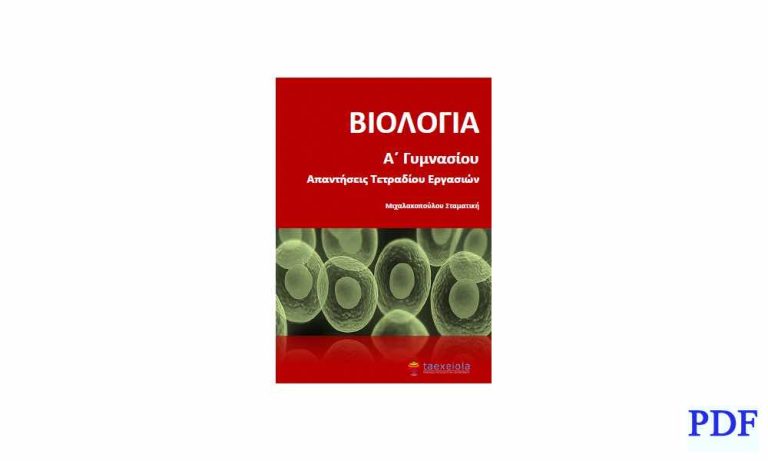Pardi Wuestionnaire Pdf (free Download Full)
The Pica, ARFID, and Rumination Disorder Interview (PARDI) is a multi-informant, semi-structured interview developed to assess feeding disorders across the lifespan, with a focus on avoidant restrictive food intake disorder (ARFID). The PARDI includes items that evaluate the level of endorsement and overall severity of common ARFID features, which are organized into profiles such as sensory sensitivity, lack of interest in eating, and fear of aversive consequences. The PARDI also provides algorithms for diagnosing ARFID, Pica, and Rumination Disorder.
To complement the clinical interview, the PARDI-AR-Q is a self-report measure of the symptoms of ARFID. It can be used to predict a likely diagnosis of ARFID and measure the severity of the impact of self-reported ARFID symptoms. The PARDI-AR-Q includes ratings of common ARFID features, such as sensory-based avoidance, lack of interest in eating or food, and concern about aversive consequences of eating.
It is important to note that the PARDI-AR-Q does not evaluate the exclusion criteria for an ARFID diagnosis, which include the presence of other possible disorders that may account for the feeding and eating difficulty, such as anorexia nervosa, bulimia nervosa, or another concurrent medical condition or mental disorder that may account for the eating disturbance.
Overall, the PARDI and PARDI-AR-Q are valuable tools in the assessment of feeding disorders, specifically ARFID. While the PARDI provides a comprehensive evaluation of feeding disorders, the PARDI-AR-Q can be used to complement the clinical interview and provide insight into the severity of self-reported ARFID symptoms. However, it is important to keep in mind the exclusion criteria for an ARFID diagnosis when interpreting the results of these assessments.




